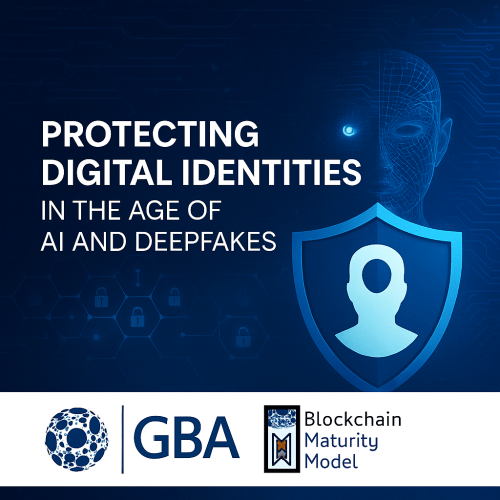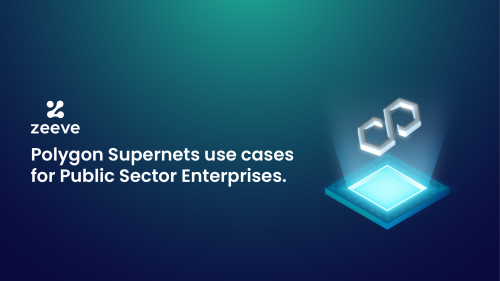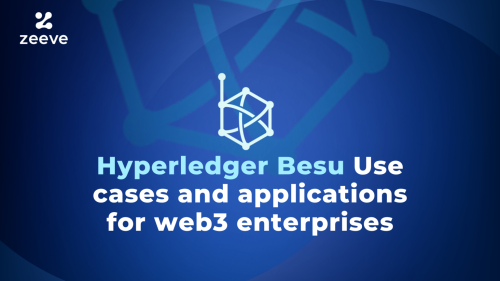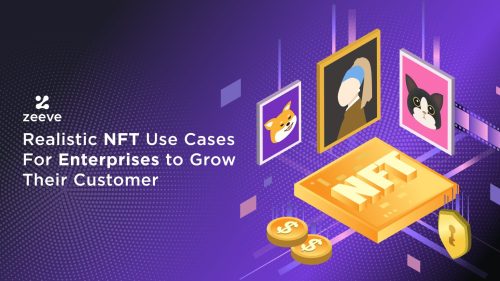Strengthening Identity with the BMM

In a recent example of the growing threat to digital identity, Indonesian financial institutions detected over 1,100 attempts to bypass biometric verification systems using deepfake videos and AI-generated inputs. These attacks highlight the urgent need for secure, resilient identity management systems capable of withstanding sophisticated impersonation tactics.
To address this need, the Government Blockchain Association (GBA) has released the Blockchain Maturity Model (BMM) Identity Management Supplement v1.3 for public review. This document expands the BMM to help assess and improve blockchain-based identity management systems (BIMS).
Digital identity systems are increasingly targeted by fraud, data breaches, and social engineering attacks. With the rise of generative AI, ensuring authenticity and accountability in identity systems has become essential for governments, enterprises, and individuals. The BMM Identity Management Supplement provides a structured set of requirements for decentralized identity systems that are secure, auditable, and compliant with global standards.
The supplement defines technical and operational requirements in areas such as authentication, access control, privacy, key management, auditability, and interoperability. It emphasizes protection against emerging threats, including AI-driven impersonation, deepfakes, and quantum computing risks. The document also outlines the identity lifecycle within blockchain ecosystems and provides reference architectures for implementation.
Use cases include digital credentialing, cross-border identity verification, voting, healthcare access, financial services compliance, and secure access to physical and digital infrastructure.
The GBA invites stakeholders, including developers, policymakers, and solution providers, to review the supplement and contribute feedback.
- Download the Document: BMM Identity Management Supplement v1.3
- Submit Comments: Visit the BMM Supplements Page and record your feedback on the bottom of the page.
- Contribute to Innovation: Know of a blockchain-based identity solution? Add it (for free) to the Emerging Web3 Solutions Directory.
The BMM Identity Management Supplement v1.3 offers a comprehensive and actionable framework for improving identity security in blockchain solutions. By addressing current and future threats, it provides a trusted reference point for organizations seeking to implement secure, decentralized identity systems. Public feedback will help ensure the standard remains responsive and effective in safeguarding digital identities.







Responses